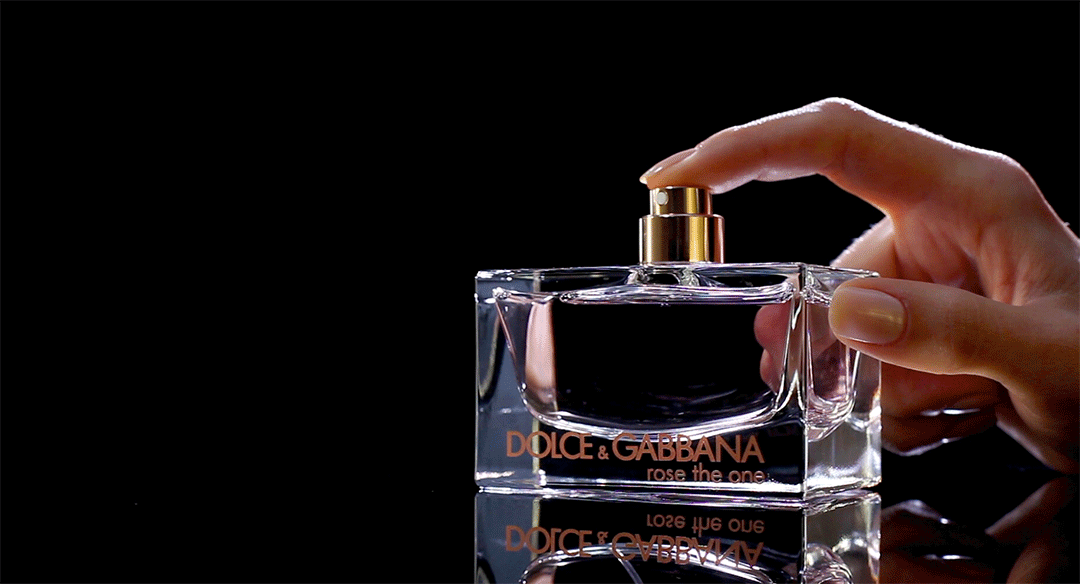The Difference Between Perfume, Eau De Toilette, And Eau De Cologne
Photo by Cottonbro
In July, Rihanna announced the launch of Fenty Eau De Parfum and in true Rihanna fashion it sold out in a mere 24hrs after release in August! Earlier this year Dolly Parton also introduced a new fragrance to her empire of products. According to shopping trends, fragrances are a top gift item this holiday season. But with all this hype about fragrances how do you decide what to buy? What is actually the difference between Perfume, Eau de toilette, and Eau de cologne?
The basics
The foundation of any fragrance is its oil ingredients. In body fragrances, the oil is mixed with a solvent to ensure safety on the skin and to stabilize the scent. The most common solvent used is alcohol, often mixed with a small amount of water, and/or unscented oil or wax. The alcohol allows the product to be easily sprayed on the skin and because it quickly evaporates, leaves the fragrance nicely spread on the skin or clothing.
Concentrations and scent longevity
This oil is what gives any fragrance its scent. The actual amount will vary between brands but perfumes have an oil concentration of around 20% to 30%, Eau de Toilette has a concentration of 5% to 15%, and Eau de cologne's concentration is as low as 2% to 4%.
A common misconception or marketing tactic depending on who you ask is that different fragrances are for different genders. Like clothing, scents are genderless. Perfume, parfum, or extrait de parfum refers to mixtures with the highest concentration of oil in their composition. They are the most potent and the scent can last 24 hours. The oil’s transferability also explains why you can pick it up through clothing or skin contact as well as its ability to stay in the air long after the wearer has passed by. This high concentration also means you need to apply very little to enjoy the scent.
Eau de Toilette has a much lower concentration, usually between 5 to 15 percent, and as a result, is lighter on the skin hence not necessarily lasting all day. It is great for daytime because though not overpowering it is still quite fragrant and still somewhat long-lasting.
Eau de Cologne can be often perceived as a men’s scent when in actual fact Eau de Cologne refers to the lowest concentration of perfume oils, usually 2 to 4 percent. These fragrances are perfect for a freshen-up and the scent lasting a few hours.
Besides the actual amount of oil, another factor that affects the longevity of the scent is the notes of each fragrance. A more fruity and very fresh perfume can last for less time than a woody eau de toilette. This happens because fruity notes tend to evaporate faster.
How The Overall Price Is Affected
When comparing price points, it is easy to assume eau de toilette and eau de cologne to be less sophisticated given their lower oil concentration. The difference in the price, however, is directly connected to the concentration of fine fragranced oil specifically in each formula and not because the ingredients are different. So higher quality oil will affect the price beyond just the concentration in each bottle. The size of the bottle and therefore the amount of overall liquid will also affect the price point.
Is the scent intensity the same?
If two types of fragrances are made with the same notes they may smell similar but not exactly the same. Even if the ingredients used are equal, the intensity of a scent will vary given its concentration and how the notes develop on skin based on the concentration of the fragrance oils and the natural oils produced by the wearer. Sometimes, a fragrance will be gently tweaked between its variations to create a slightly different dimension. This means each fragrance will be unique, even if they are part of the same scent family, with hints of similarities.
Which one should I buy?
There is no right or wrong answer here because it really only depends on preference, how strong you like your scents, and how long you want the scent to last. Some people may prefer to start with an eau de toilette for a more light and fresh scent and eventually transition into a perfume once they are more certain of the type of fragrance they prefer. Trust your own nose's instinct and follow which notes and scents you are naturally drawn to before committing to a specific type.
Remember that fragrance adheres to the specific oils on your skin and that each formula will react differently between people. Those with more dry skin, for example, may need something with a higher concentration of oil as their skin will absorb more fragrance. The golden rule here is to never judge a scent before you try it on your own skin and try wearing it for at least a day to have the full idea of how the scent reacts with your skin and body heat. So start by asking for an in-store sample before committing.
Also, keep in mind that the weather can influence how the scent will react on the skin. During hot, sticky summer days, opt for a more fresh and light eau de toilette as to not be overpowered by the high concentration when your skin is less prone to absorbing the fragrance oils. For the colder months, to ensure a longer-lasting scent throughout the day, opt for a richer and full-bodied perfume since the scent dissipates quickly in dry air.
Of course when in doubt, our stylists can guide you along the way. All you need to do is get in touch.



